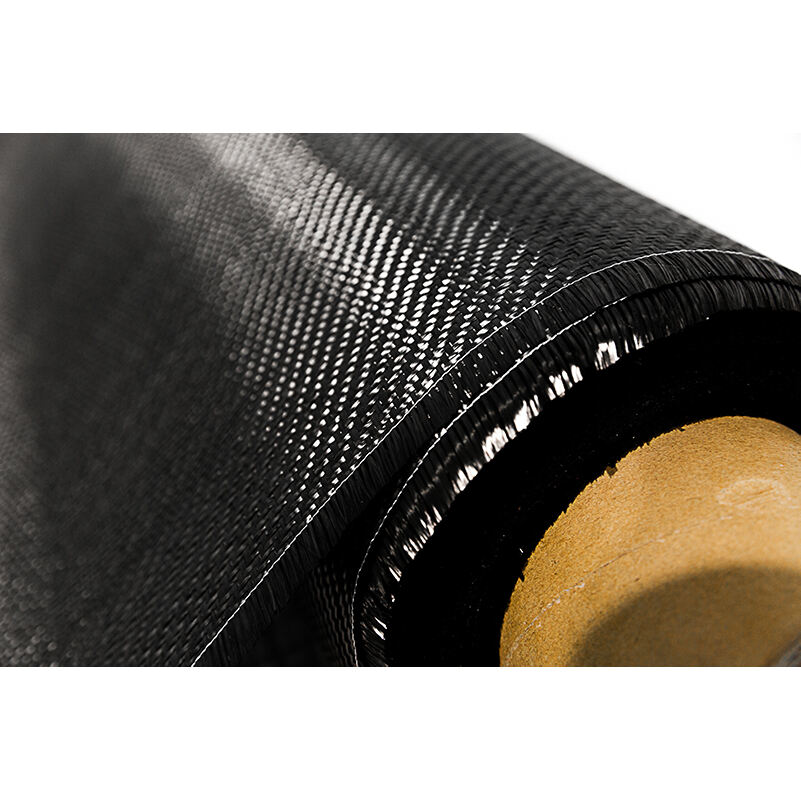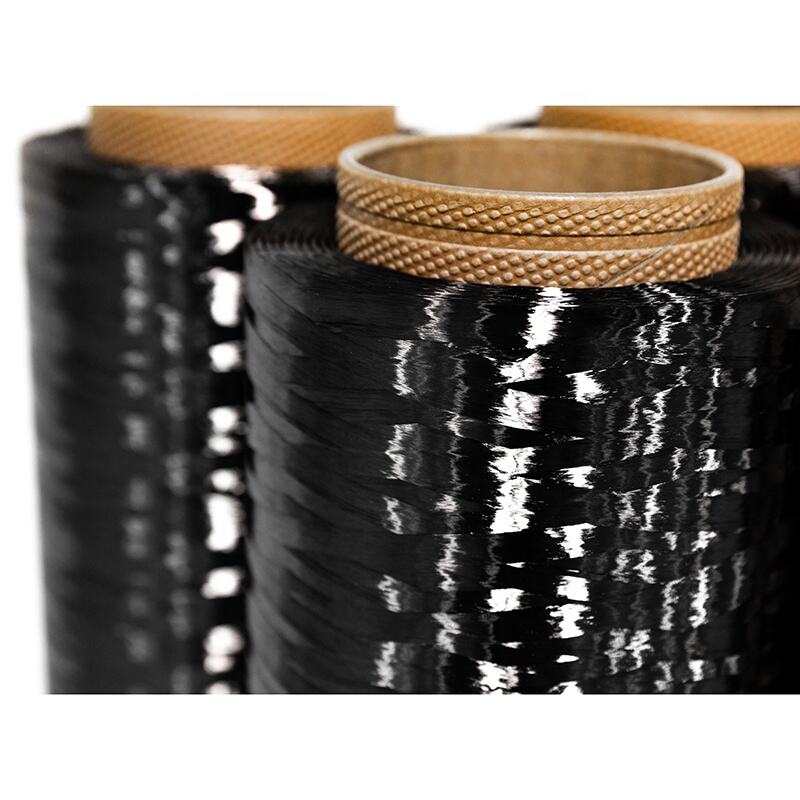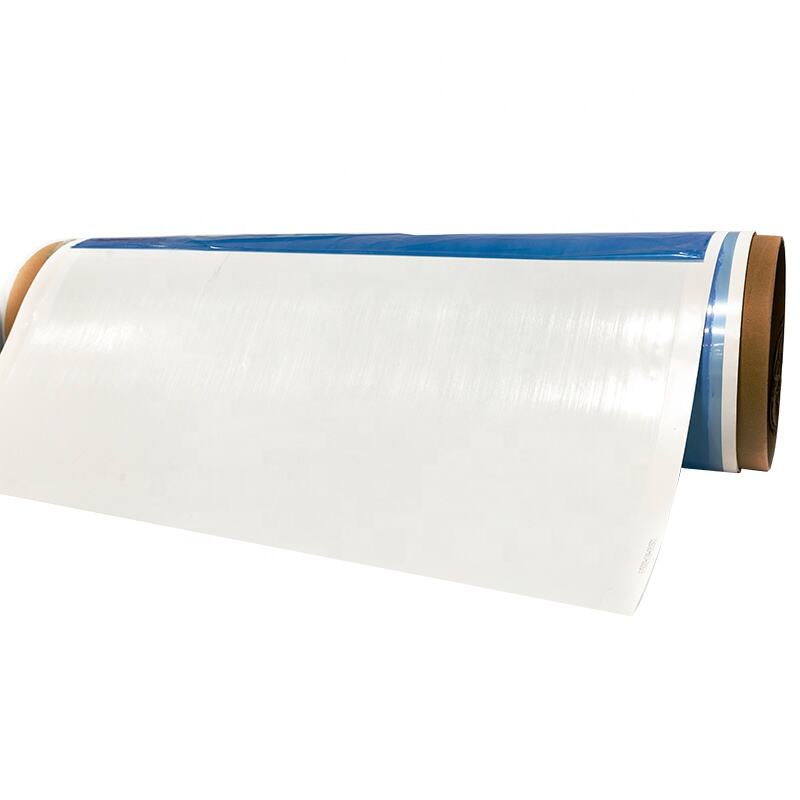carbon twill
Carbon twill represents a sophisticated weaving pattern in carbon fiber manufacturing, characterized by its distinctive diagonal ribbing that creates a distinctive visual pattern. This advanced material combines lightweight properties with exceptional strength, making it a premier choice in high-performance applications. The weaving process involves interlacing carbon fiber threads in a repeated over-under pattern at 45-degree angles, creating a durable and aesthetically pleasing surface. The resulting material exhibits superior mechanical properties, including enhanced tensile strength and improved resistance to impact and fatigue. Carbon twill's unique structure allows for better draping qualities during manufacturing, making it ideal for complex curved surfaces and intricate designs. The material's versatility extends across various industries, from aerospace and automotive applications to sporting goods and luxury products. Its excellent stiffness-to-weight ratio makes it particularly valuable in applications where weight reduction is crucial without compromising structural integrity. The surface pattern not only serves an aesthetic purpose but also contributes to the material's overall performance by distributing stress more evenly across the fiber structure.


